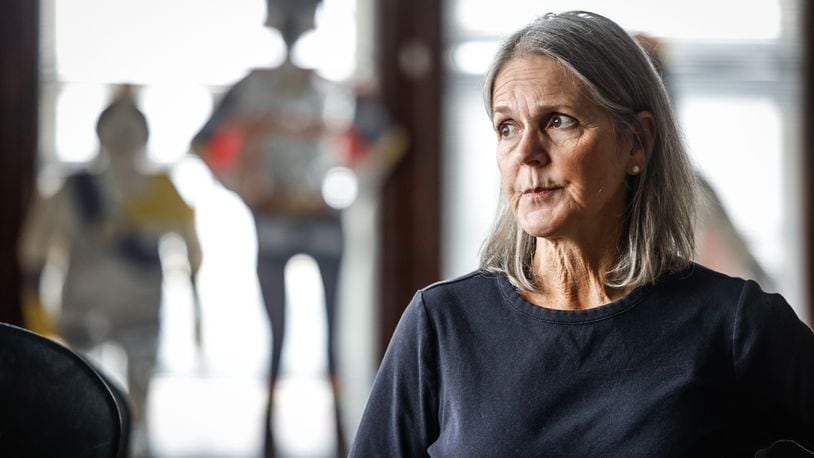I learned about Wilkens through the 2004 PBS Frontline special “Ghosts of Rwanda”. In the program, Wilkens describes his experiences during the genocide. His story is extraordinary; a real-life superhero. He stayed to protect two individuals in his house who were Tutsi. But due to his choice of staying, Wilkens saved hundreds of lives. Dodging gunfire and checkpoints daily, he brought water and food to the children at the Gisimba Orphanage in Kigali. The orphanage was also hiding adult Tutsis. Carl gave shelter in his house to a Rwandan pastor and his wife and others who showed up at his door. He helped move people from one hiding location to another. Carl’s presence in Kigali sometimes kept people from being killed.
The trip was beyond description. Walking in the capital, Kigali, with Wilkens and hearing him recount the days and weeks of the genocide was surreal. I watched as complete strangers stopped and listened as he told our group of 16 teachers stories of his experiences.
When we visited the site where, in the first days of the genocide, ten Belgium UN workers were killed, other visitors at the site were drawn to his recollection of the event. Then there was the time we were standing outside Wilkens’ former house in Kigali. A car drove by, stopped, backed up and a gentleman in a suit jumped out and ran over to hug Carl. The man had received first aid from Carl during the genocide and this was the first time they had seen each other in 30 years. The man even raised up his pant leg to show us a healed gunshot wound.
We visited memorial sites like Nyamata Church, where over 10,000 fled with only 100 survivors. We visited the orphanage that Carl helped during the genocide. I listened to government officials explaining the Ministry of National Unity and Civic Engagement whose mission is to preserve historical memory and reinforce national unity. And I learned about “Gacaca”, Rwanda’s system of restorative justice, a system the country has since revived, in which villagers sit together to decide on a fair consequence for a crime.
We visited Mind Leaps, an organization that creates dance and educational programs for street children and out-of-school youth. We visited a “reconciliation village” listening to how the victims of the genocide had forgiven the perpetrators and now leave together as friends. And we visited a refugee camp in the NE region where Rwanda, still recovering, is accepting and welcoming refugees from the Congo.
When I returned, Dr. Derek Petry, President of the Dayton Council on World Affairs (DCOWA) supported my idea to create a program to remember the genocide. The Dayton Council on World Affairs, created in 1947, is one of nearly 100 councils in the United States that make up the network of World Affairs Councils of America (WACA). The council is an independent, nonpartisan organization dedicated to engaging the public and leading global voices to better understand the world, America’s international role, and the policy choices that impact our daily lives and our future.
The April 7 film screening is the first of two events. The second is bringing Carl Wilkens to Dayton May 22-24. Early plans include a dinner at Sinclair and visits to schools.
The trip to Rwanda, although emotionally challenging, showed me the good in the world. In fact, Wilkens reminded us daily to look for the good. It was great advice. A fellow traveler on the trip expressed my feelings perfectly: “I wake up every morning so very grateful for having made the trip to Rwanda and looking for ways to pass on the experience, inspiration, and lessons learned.”
Rwanda is recovering and that gives me hope for other places in the world.
Hate, revenge, and punitive justice does not repair conflict, whether recent or long ago. Creating relationships, forgiving perpetrators, and engaging in restorative justice can lead to real healing. Rwanda is an example of it. But we must choose to see a different perspective in the world. A perspective of kindness, of goodness, and a perspective each individual can make a difference.
Bridget Federspiel is a youth coordinator for the Dayton Junior Council on World Affairs and a teacher at Stivers School for the Arts.
About the Author
